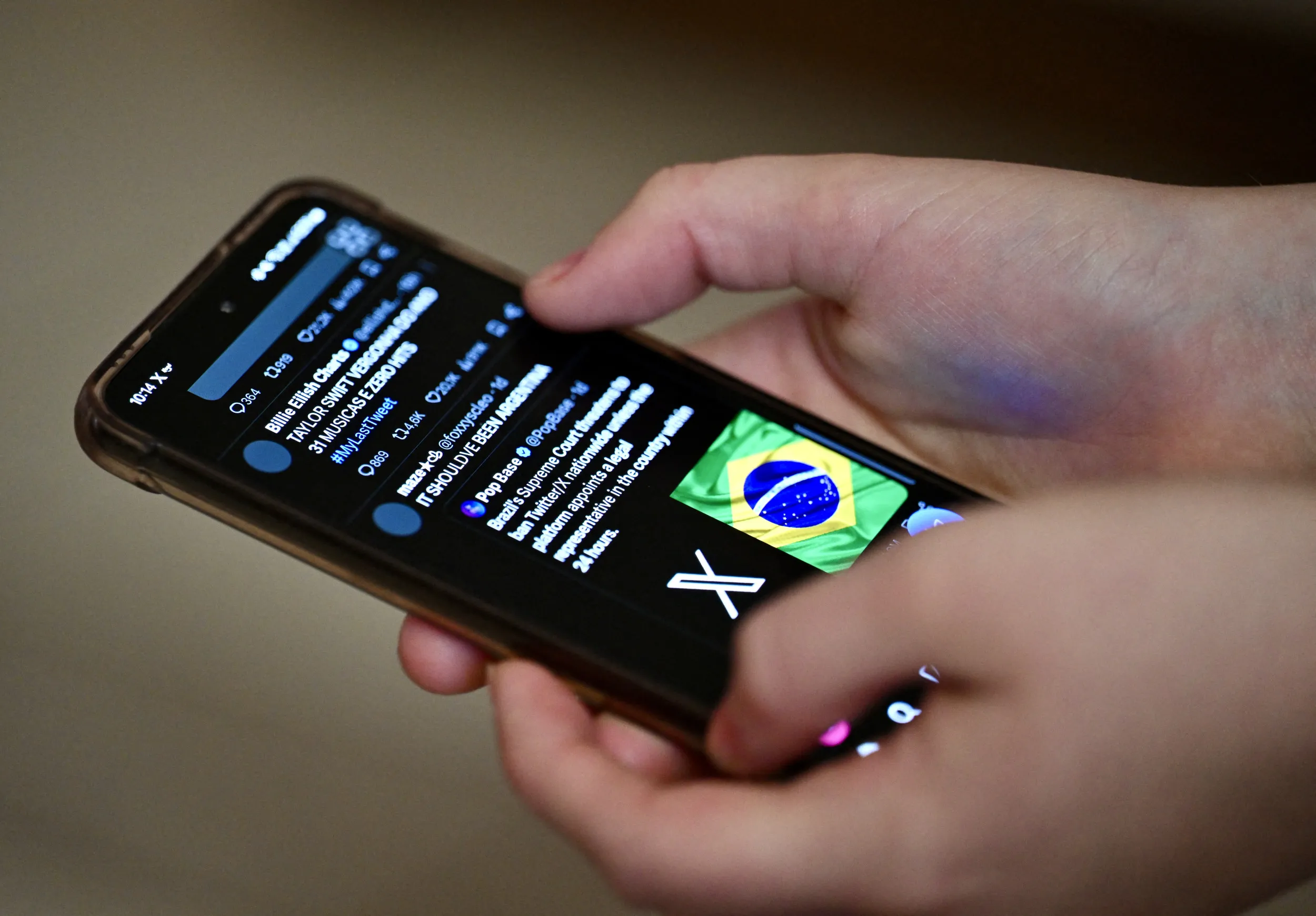Exploring the Implications of Brazil's X Ban on Free Speech and Global Tech Regulations

Impacts of Brazil's X Ban on Free Speech
Twitter, now known as X, faced a significant ban in Brazil imposed by the Supreme Court, stirring debates about free speech and tech regulations. This move, initiated after numerous violations related to hate speech and misinformation, signifies a potential shift in how countries could regulate social media. Citing repeated offenses, the court's decision to shut down X has raised alarming questions about similar approaches in other nations.
Legal Ramifications and International Considerations
As reported, the Supreme Court of Brazil mandated the country’s telecom regulator to enforce the ban on X, emphasizing compliance with all legal stipulations by the platform, owned by Elon Musk. If the platform does not adhere to these rules, it risks facing fines for every user found accessing its services.
U.S. and EU Regulations on Tech: A Parallel Discussion
In the context of First Amendment rights in the U.S., the X ban prompts essential discussions about the limits of free speech online. While these rights provide a strong foundation for expression, platforms are not free from obligations imposed by tech regulations. For instance, X’s struggle against California's law requiring transparency in content moderation is a notable example, as it aims to hold social media accountable.
- Brazil’s judicial approach to X highlights the ongoing battle between free speech and regulatory compliance.
- The situation poses crucial questions about future tech regulations across the globe.
- Elon Musk's influence on policy could shape how similar cases unfold in other regions.
This article was prepared using information from open sources in accordance with the principles of Ethical Policy. The editorial team is not responsible for absolute accuracy, as it relies on data from the sources referenced.